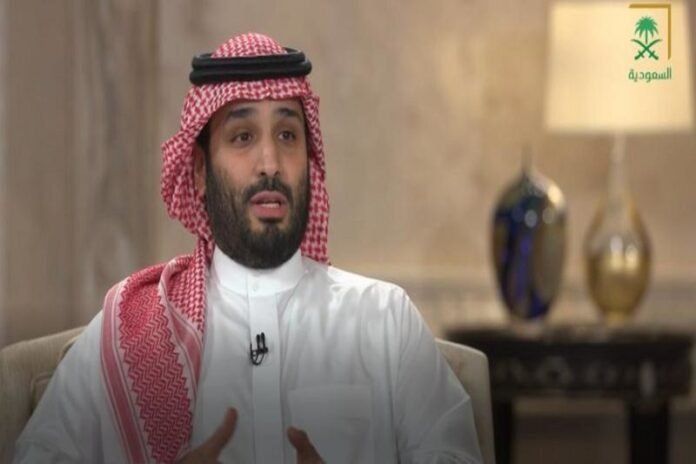Correcting Mistakes under Vision 2030: A Model for Enhancing Justice and the Kingdom’s Image Globally
As Saudi Arabia accelerates its reforms under the leadership of Crown Prince Mohammed bin Salman, Vision 2030 emerges as a comprehensive transformation plan aimed at advancing development, reforming economic and social systems, including the judicial sector.
"Vision 2030 and Justice: How the Kingdom Enhances Its Reputation by Correcting Mistakes. A Case Study of the Publisher of Diplomatie Magazine. Read the full article in the latest issue at https://t.co/1sOruAXeWS" pic.twitter.com/Oo5nKwKUGx
— Diplomatique.ma الدبلوماسية (@diplomatique_ma) September 5, 2024
These reforms are not only aimed at modernizing the legal system but also at achieving justice and transparency and revisiting past mistakes, which could serve as a globally exemplary model.
A Tale of Investment in Medina: Between Success and Tragedy
I am the journalist, writer, director, and owner of Al-Soussi Media Institute, which publishes Diplomatie, Maroc Maintenant, and MMAMAG. In 2000, I launched an entrepreneurial project in the Kingdom under the name “Makarim Tayba,” a project for managing, equipping, and operating sports and leisure centers in Medina. The project was highly successful from the start, with revenues in the first month reaching about $70,000, reflecting the success and appeal of the idea. Unfortunately, financial success did not last long. My Saudi partner, regrettably, exploited the situation to take full control of the project. A “final exit” was issued for me and my family, and my assets, including my new car and my house overlooking the Prophet’s Mosque, were seized. Since then, despite more than two decades passing, I have been unable to recover my rights or effectively pursue the case due to my absence from the Kingdom.
Vision 2030: An Opportunity to Correct Past Mistakes
With the launch of Vision 2030, which aims to improve judicial systems and apply transparency and equality, a new opportunity emerges to correct past mistakes. The Kingdom is now seeking to enhance investor and citizen trust in the judicial system and demonstrate its commitment to justice. Correcting a case like mine, as a publisher, journalist, and well-known writer, is not just a quest for personal justice but could also serve as a positive model contributing to improving the Kingdom’s international image. Acknowledging past mistakes and working to correct them will show the world that the Kingdom is not only seeking to develop its infrastructure and economy but also cares about achieving justice for individuals, regardless of their status or position.
The Importance of Correcting Mistakes as Part of National Transformation
Correcting such mistakes is an essential part of the success of the national transformation adopted by the Kingdom. Investors and citizens, both within and outside the Kingdom, need to trust that the judicial system operates with transparency and fairness. Such cases can be a test of the judicial system’s ability to effectively implement the new reforms. Highlighting and addressing such cases will have a significant impact on the Kingdom’s international reputation. The Kingdom will show the world that it is committed to reforming every aspect of its social and legal life.
Conclusion: A Call to Correct Mistakes and Enhance Justice
In light of the ongoing developments in the Kingdom, I hope that my case will be examined with justice and transparency and that the Kingdom will serve as a model in correcting past mistakes and presenting a new model to the world in enhancing justice and rights. When such mistakes are corrected, not only is justice achieved at the individual level, but a positive model is established for a Kingdom advancing toward a more just and transparent future, within the framework of its ambitious Vision 2030.


